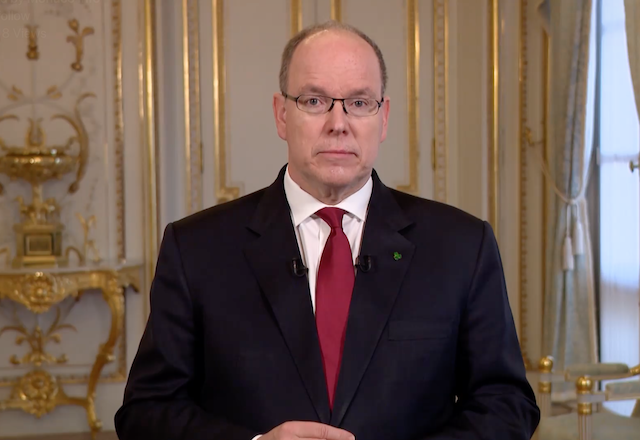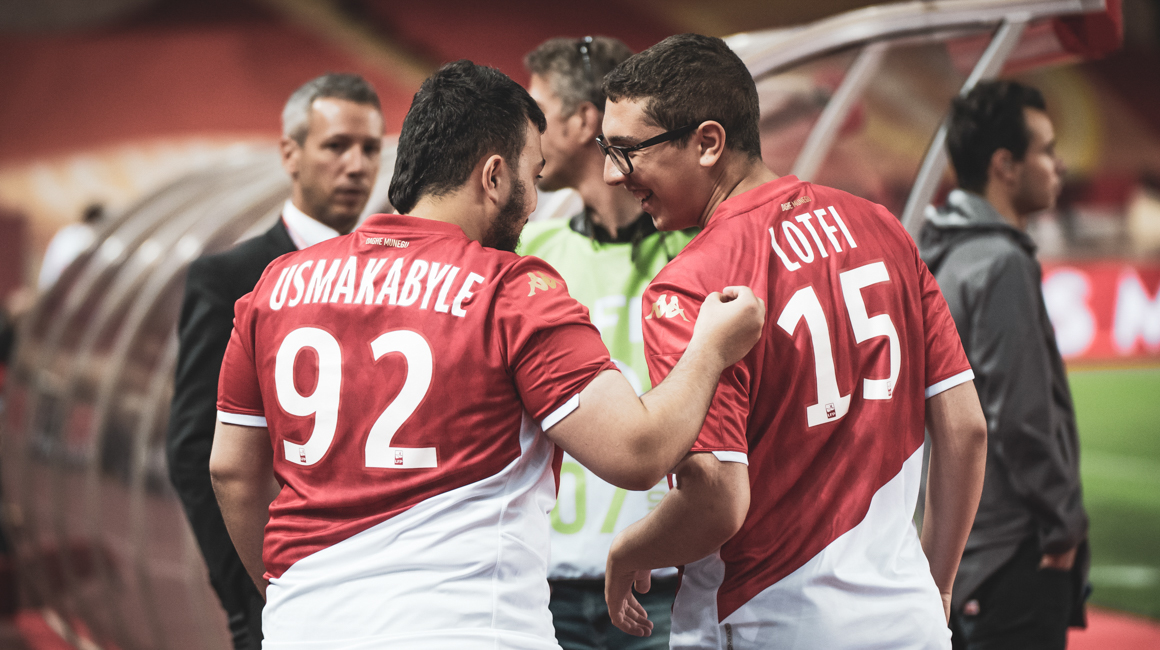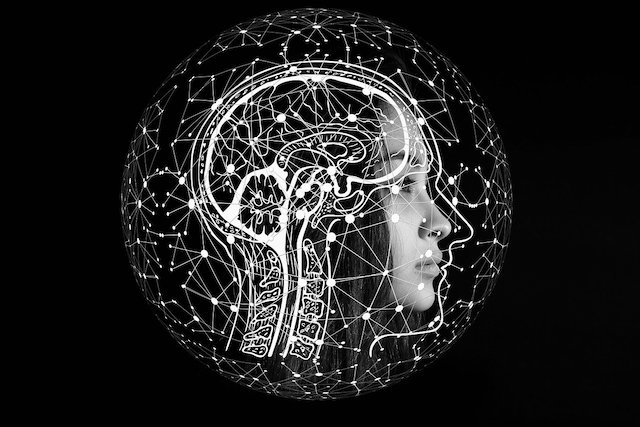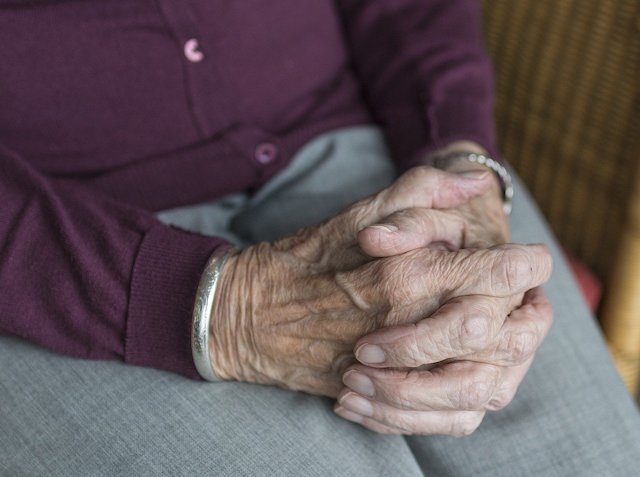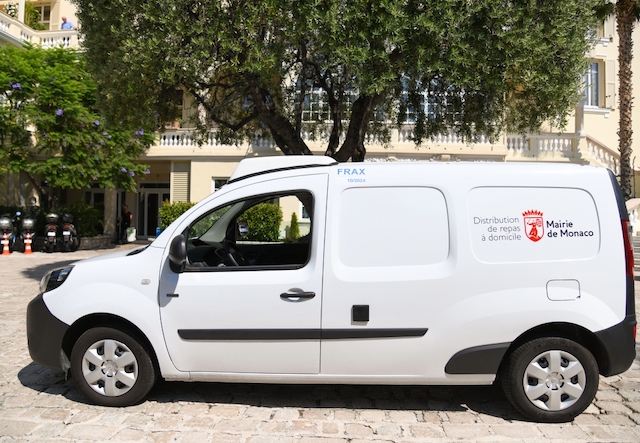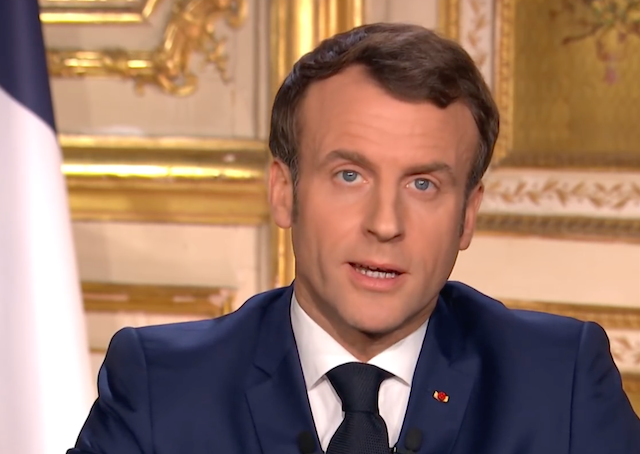French President Emmanuel Macron has ordered everyone in France to stay indoors, declaring “war” on the new coronavirus.
Macron announced in a televised address on Monday 17th March that the country is “ramping up measures to limit travel and contact between people in France from midday Tuesday 17th March for at least 15 days. Any gatherings outdoors or family gatherings is not allowed. Walks in parks are not allowed, you must limit your contact. This is applicable across France. Only take transport if you absolutely have to, don’t shake hands, don’t go and meet with other people, do teleworking when absolutely possible. Anybody who will not apply by those guidelines will be punished.”
Following the announcement, the government released guidelines for the public to follow. Here, we try to answer some questions you may have surrounding the lockdown and provide you with access to the necessary forms to leave your homes.
Can I leave my house?
Yes – but the government will ask everyone to stay indoors unless they have to go to work when telework is not possible, to make essential purchases in authorised local shops, to travel to a health professional, or to take care of children or to help vulnerable people with the strict condition of respecting social distancing.
Anyone who does go outdoors must carry with them a completed form specifying their reasons for doing so. You can download it here.
There is also a digital version. Simply copy the link below in the web browser on your phone, fill out the details and create a digital copy. We are not sure if it works in Monaco yet, we will keep you informed.
https://vik.io/sortie…
Am I banned from going to work?
Both the Monegasque and French governments are requesting teleworking be applied when possible.
Employees whose work genuinely cannot be done remotely are still permitted to travel to work.
Will I be financially covered?
France will mobilise €45 billion in crisis measures to help its companies, a large part of which includes the deferral of all tax payments and payroll charges that companies were due to pay this month and the cancellation of such payments for firms at risk of collapse.
It comes in addition to €300 billion in government loan guarantees that President Macron announced on Monday night.
“No company, of any size, will be allowed to go bankrupt,” Macron vowed.
Monaco’s Minister of Finance and Economy Jean Castellini announced on Monday afternoon that the government is applying the same offensive measures to the economy that it is applying to the health of citizens, freeing up €50 million euros in the budget for companies who find themselves in financial difficulty.
It means that anyone not able to work in Monaco and France because of the crisis can claim benefits (generally 70% of their salary after tax), and their job will be held open for them when things return to normal. Employers are barred from firing employees during this period.
Can I use public transport including taxis?
Yes, services continue to run, albeit it at a significantly reduced capacity.
If people are crossing the borders for travel, or travelling outside of their local area, they may be stopped by police and asked to state their reasons for travel.
Monaco’s bus service CAM is no longer allowing tickets to be purchased from the driver on board buses, requesting that passengers purchase tickets from automatic distribution points before boarding.
“Ascent / descent will only be available by the doors located in the middle and at the rear of the bus. Ascent / descent through the front door will not be possible,” according the CAM website.
The boat bus will also stop service from Wednesday 18th March until further notice.
Crossing borders
As of noon Tuesday 17th March, all external borders of the European Union and the Schengen area were closed. All travel between non-EU countries and the EU is suspended for 30 days.
French and Monegasque citizens are able to return to their home countries.
The border between France and Monaco remains open.
Will we run out of food?
No. Governments are doing all they can to ensure food supplies remain unaffected by the lockdown. In Italy, union and industrial leaders reached an agreement to keep factories running on Saturday, and the same will occur in France.
How will the restrictions be enforced?
An additional 100,000 police and army personnel have been deployed to enforce the lockdown in France. People in the streets will be asked to produce a form specifying their purpose for leaving the house. See above for access to the digital and printable form. People found breaking the quarantine face a fine of €38 to €135. Fines will not apply in Monaco.
Police will not be on every corner checking paperwork, however, so authorities are still relying on citizens to show civil responsibility and self-quarantine.
Can we still order takeaway?
Yes, restaurants are still allowed to provide meals for home deliveries and popular services like Uber Eats and Deliveroo are still operating.
The Monaco City Council has extended its home meal delivery service to all residents over the age of 70 and to frail people.
The number to contact for this service is 93 15 22 99 from Monday to Friday, 8:30am to 6:00pm. The meal trays consist of a starter, a main dish, cheese, dessert and bread and cost €9 for lunch and €15 for lunch and dinner.
Will I receive my mail?
Yes, La Poste says the majority of mail will be delivered and most post offices will remain open, however you can expect a drop of about 20% in postal services.
Can I go to the park with the kids?
No. Gatherings of any sort, particularly in parks, is prohibited.
Can I take the dog out for a walk?
Yes, but once the “essentials” are done, people are expected to return home.
Will the lockdown work?
Hopefully, yes. Two weeks after the first 10 towns in northern Italy were declared a “red zone” and put under lockdown, there had been no new infections. This then served as a model to tighten measures across the country and the rest of Europe.
As this is a constantly evolving situation, we aim to keep you updated as regularly as possible. Please follow Monaco Life on Facebook for immediate updates: https://www.facebook.com/monacolife.net
